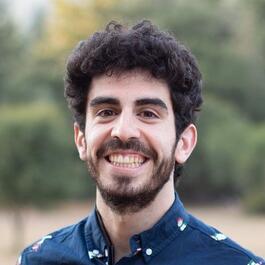
Matthew Jordan's Interviews
Kate Crawford, "The Atlas of AI: Power, Politics, and the Planetary Costs of Artificial Intelligence" (Yale UP, 2021)
What happens when artificial intelligence saturates political life and depletes the planet? How is AI shaping our understanding of ourselves and our societies? In The Atlas of AI: Power, Politics, and the Planetary Costs of Artificial Intelligence (Yale University Press, 2021), Kate Crawford reveals how this planetary
Nichola Raihani, "The Social Instinct: How Cooperation Shaped the World" (St. Martin's Press, 2021)
Cooperation is the means by which life arose in the first place. It’s how we progressed through scale and complexity, from free-floating strands of genetic material, to nation states. But given what we know about the mechanisms of evolution, cooperation is also something of a puzzle. How does cooperation begin, when on
Kat Arney, "Rebel Cell: Cancer, Evolution, and the New Science of Life's Oldest Betrayal" (Benbella Books, 2020)
Cancer exists in nearly every animal and has afflicted humans as long as our species has walked the earth. In Rebel Cell: Cancer, Evolution, and the New Science of Life's Oldest Betrayal (Benbella Books, 2020), Kat Arney reveals the secrets of our most formidable medical enemy, most notably the fact that it isn't so mu
Katherine Kinzler, "How You Say It: Why You Talk the Way You Do - And What It Says About You" (HMH, 2020)
We gravitate toward people like us; it's human nature. Race, class, and gender shape our social identities, and thus who we perceive as "like us" or "not like us". But one overlooked factor can be even more powerful: the way we speak. As the pioneering psychologist Katherine Kinzler reveals in How You Say It: Why You T
Adam Rutherford, "How to Argue With a Racist" (The Experiment, 2020)
Racist pseudoscience has become so commonplace that it can be hard to spot. But its toxic effects on society are plain to see—feeding nationalism, fueling hatred, endangering lives, and corroding our discourse on everything from sports to intelligence. Even well-intentioned people repeat stereotypes based on “science,”
Podcasts with Matthew Jordan
Possible Pairings
You might also be interested in
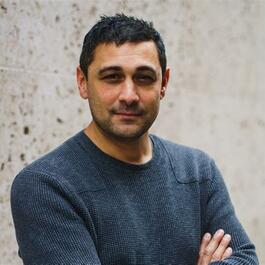
Adam Rutherford
Biologist

Kat Arney
Interview host
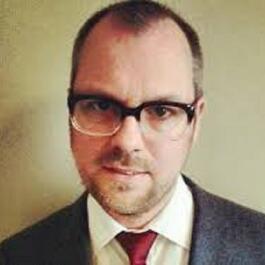
Neil Denny
Media Personality

Kira Dineen
Biologist

Cara Santa Maria
Journalist
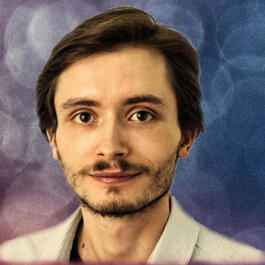
Ricardo Lopes
Media Personality
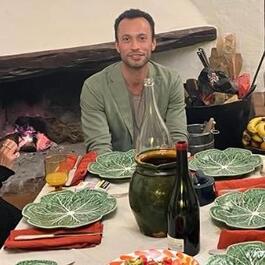
Thomas Chatterton Williams
Author
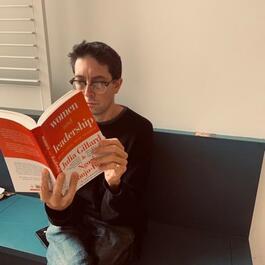
Sam Leith
Journalist

Nichola Raihani
Psychologist

Kara Swisher
Journalist
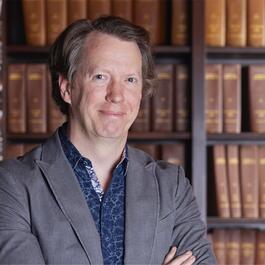
Sean Carroll
Physicist

Andrew Keen
Entrepreneur

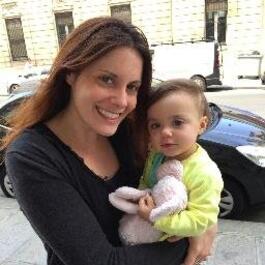
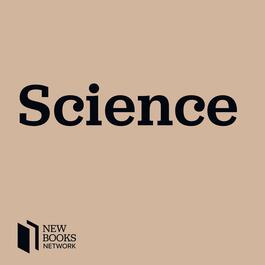

Shout-outs
Add shout-out